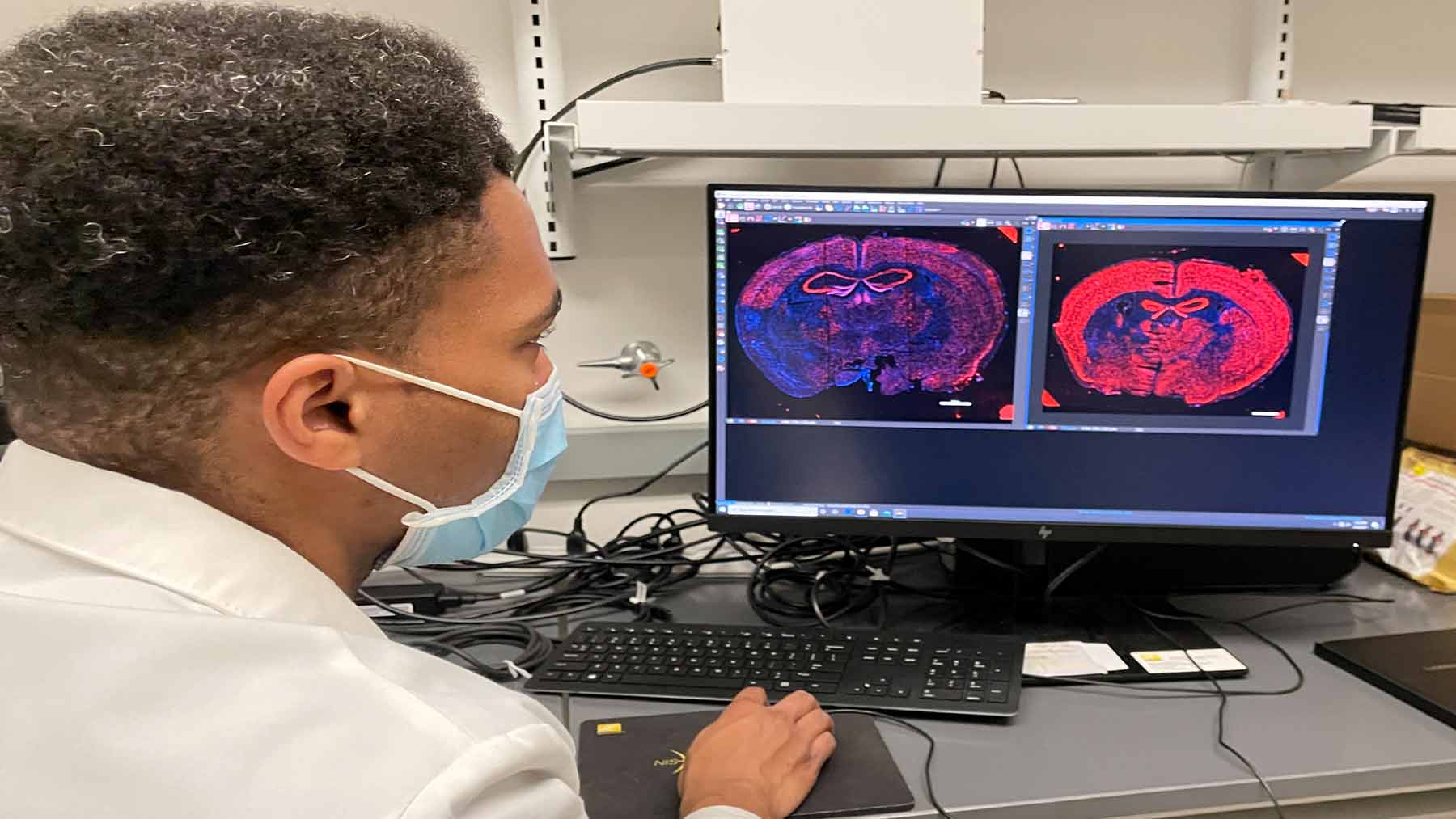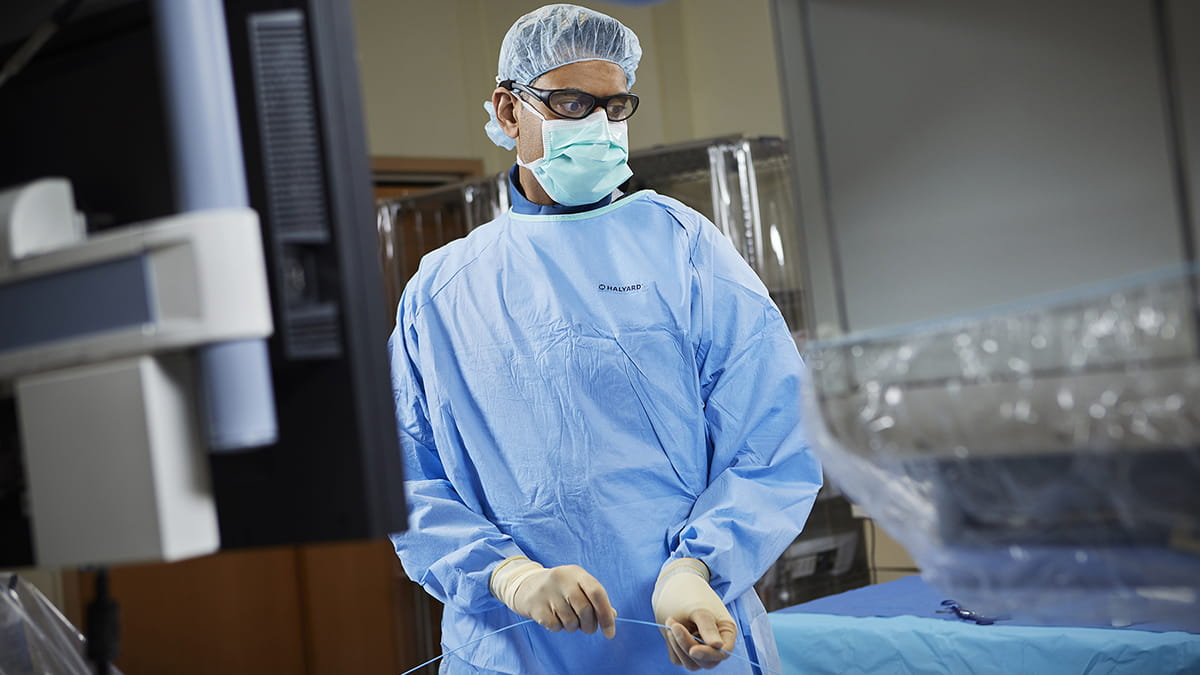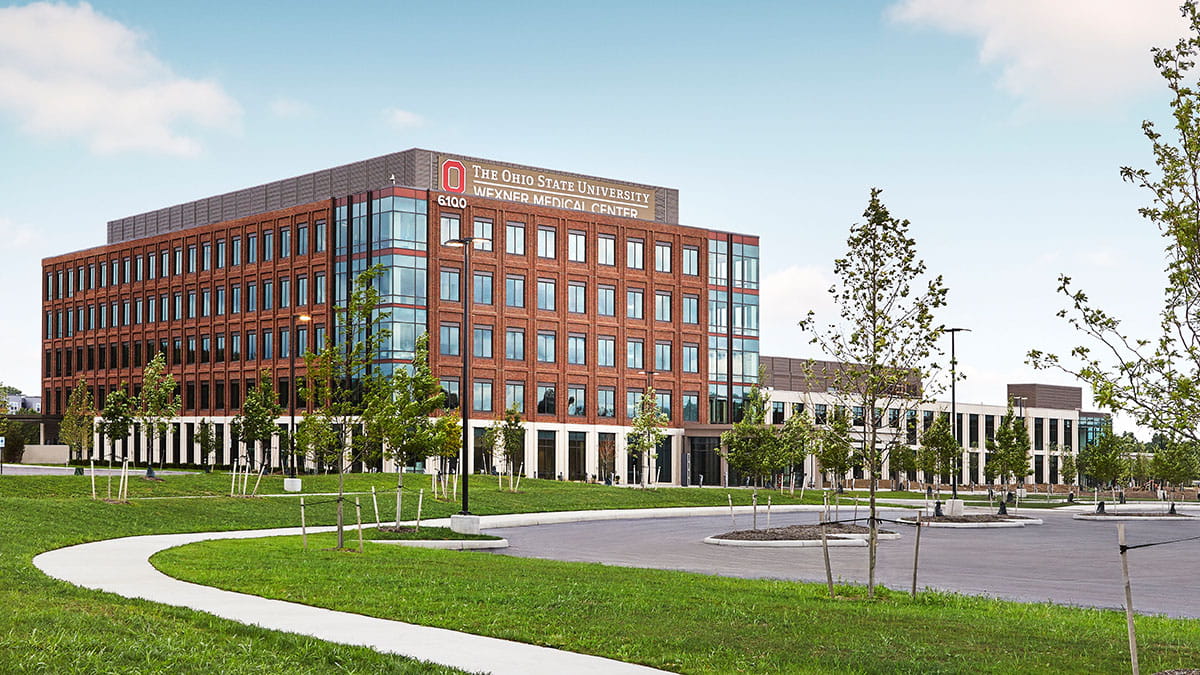Mouse study shows 'retraining' cells may reverse brain damage after stroke

Every 40 seconds, someone in the United States suffers a stroke. And though medical advancements have allowed doctors to clear blood clots in the brain, most ischemic stroke victims aren’t treated fast enough to prevent permanent damage. However, new technology developed at The Ohio State University Wexner Medical Center and The Ohio State University College of Engineering provides hope for unprecedented recovery by “retraining” skin cells to grow vascular cells and help repair damage to brain tissue, even when administered days after a stroke.
"We rewrite the genetic code of skin cells that tell them to become blood vessel cells,” said Daniel Gallego-Perez, an assistant professor of biomedical engineering at The Ohio State University College of Medicine who is leading the research. “When they are deployed into the brain, they are able to grow new, healthy brain tissue to restore normal blood supply and repair damage.”
Researchers studied the process in mice and found that those treated with this innovative cell therapy regained 90 percent of their motor function. MRI imaging showed damaged areas of the brain were repaired within a few weeks.
“The thought was that once brain tissue dies, that was it,” said Dr. Shahid Nimjee, a neurosurgeon at Ohio State University Medical Center and co-author of the study. “We're now learning that there's opportunities where we can regenerate cells to restore function to the brain.”
Researchers continue to study this approach and are also exploring other potential uses for this technology to treat brain disorders such as Alzheimer’s and autoimmune diseases. The findings are published online in the journal Science Advances.





